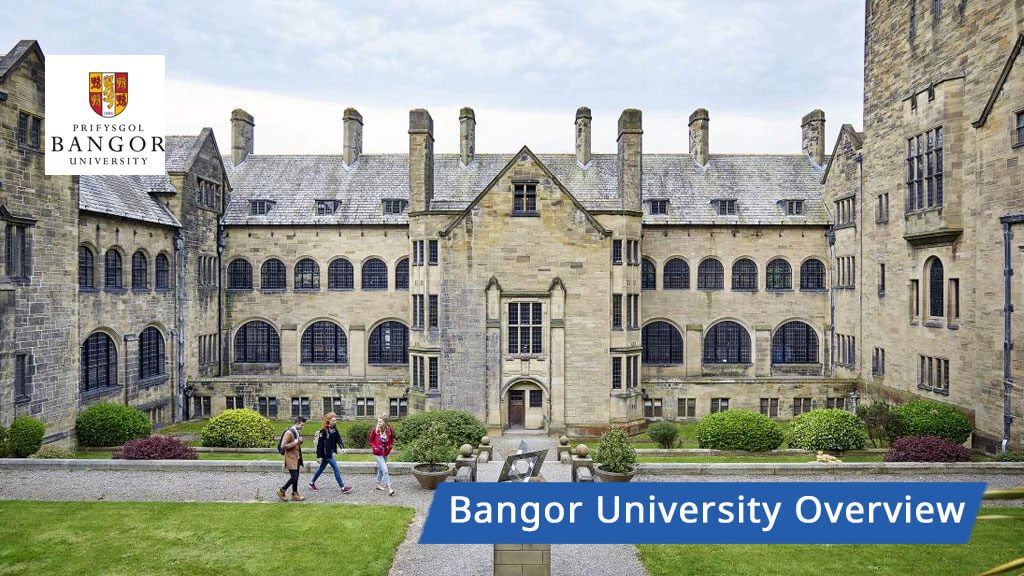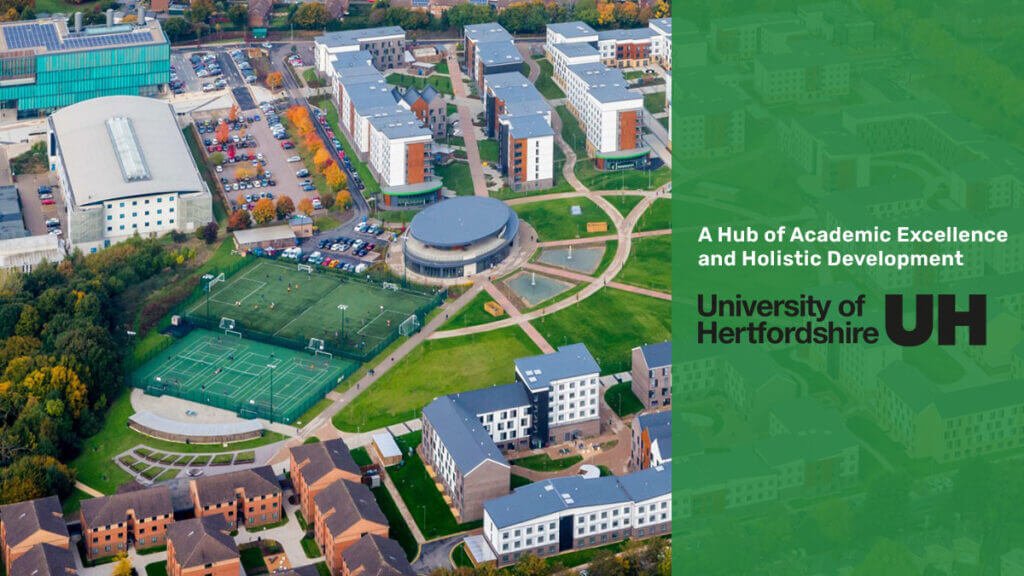Bangor University: Fostering Excellence in Education, Research, and Community
Located in the picturesque city of Bangor, Wales, Bangor University stands as a beacon of academic excellence and innovation. Founded in 1884, the university has a rich history of providing high-quality education and conducting groundbreaking research across various disciplines. With a commitment to sustainability and societal impact, Bangor University has earned its reputation as a leading institution in the United Kingdom and beyond. Historical Background and Founding PrinciplesBangor University’s roots can be traced back to the early 19th century when the idea of establishing a higher education institution in North Wales was first conceived. In 1884, the university officially opened its doors as the University College of North Wales. Its founding principles aimed to provide accessible education, promote Welsh language and culture, and contribute to the advancement of knowledge in a variety of fields. Vision and Mission of the UniversityBangor University’s vision is to be a world-leading university that fosters intellectual curiosity, equips students with skills for success, and addresses global challenges through cutting-edge research. Its mission is to deliver high-quality teaching, encourage critical thinking, and create a supportive learning environment that nurtures creativity and innovation. Notable Achievements and RecognitionOver the years, Bangor University has achieved numerous milestones and earned recognition for its outstanding contributions to academia and society. The university has consistently ranked among the top institutions in the UK for student satisfaction, emphasizing its commitment to delivering an exceptional educational experience. Its research excellence has been acknowledged nationally and internationally, with breakthroughs in fields such as marine biology, psychology, and linguistics garnering praise from the scientific community. Academic Programs Undergraduate ProgramsBangor University offers a diverse range of undergraduate programs through its six academic schools:1. School of Natural Sciences2. School of Social Sciences3. School of Creative Studies and Media4. School of Business5. School of Education and Human Development6. School of Computer Science Postgraduate ProgramsFor those seeking advanced studies, Bangor University provides various postgraduate programs, including:1. Taught Master’s Degrees, designed to deepen knowledge and skills in specific fields.2. Research-based Master’s Degrees, allowing students to engage in independent research under expert supervision.3. Doctoral (Ph.D.) Programs, enabling candidates to pursue groundbreaking research and contribute to their chosen academic disciplines.4. Professional Development Courses, tailored to the needs of working professionals seeking to enhance their expertise. Research and Innovation Overview of Research Areas and CentersBangor University is renowned for its research prowess across a wide array of disciplines, including environmental sciences, oceanography, linguistics, and psychology. The university houses several research centers and institutes, fostering collaboration and interdisciplinary exploration. Collaborative Research InitiativesThe university actively collaborates with industry partners, governmental organizations, and international institutions to address real-world challenges. Such partnerships enhance the practical applications of research and ensure its impact on society. Research Achievements and PublicationsBangor University’s research has led to significant breakthroughs and advancements, resulting in numerous publications in prestigious journals. From tackling climate change to preserving cultural heritage, the university’s research outputs have a far-reaching influence. Focus on Sustainability and Societal ImpactBangor University is committed to sustainability and actively engages in research and initiatives aimed at mitigating environmental challenges and promoting social responsibility. Campus Facilities Academic FacilitiesBangor University provides state-of-the-art academic facilities, including modern lecture halls, well-equipped classrooms, and cutting-edge laboratories. These facilities enable students to engage in hands-on learning and research. Student Support ServicesThe university prioritizes the welfare of its students, offering comprehensive support services such as:1. Accommodation Options: A range of on-campus and off-campus accommodation to suit diverse needs.2. Career Services and Employability Support: Assistance with career planning, internships, and job placements.3. Health and Counseling Services: Access to healthcare professionals and counseling support.4. Disability Support: Resources and accommodations for students with disabilities.5. International Student Services: Dedicated support for international students to facilitate a smooth transition to university life. Extracurricular and Recreational AmenitiesBangor University encourages a vibrant campus life, providing various extracurricular activities and amenities, including:1. Sports Facilities and Fitness Centers: Opportunities for students to stay active and participate in sports clubs.2. Student Union and Clubs/Societies: A diverse range of student-led clubs and societies catering to various interests and passions.3. Campus Dining and Food Options: On-campus eateries offering a variety of cuisines to cater to diverse palates. Student Life A. Overview of the Student Body and DiversityBangor University takes pride in its diverse and inclusive community, welcoming students from around the world, fostering cultural exchange, and embracing different perspectives. B. Campus Events and TraditionsThe university organizes a plethora of events and traditions throughout the academic year, ranging from academic conferences to cultural festivals, providing students with enriching experiences beyond the classroom. C. Student Engagement and Leadership OpportunitiesBangor University encourages student engagement and offers leadership opportunities through student societies, clubs, and student government, empowering students to shape their university experience. D. Study Abroad and Exchange ProgramsThe university facilitates study abroad and exchange opportunities, allowing students to broaden their horizons and experience different educational systems and cultures. E. Testimonials and Experiences from Students and AlumniThe article would include firsthand testimonials from current students and alumni, providing insights into their experiences at Bangor University and how it has positively impacted their lives and careers. Community Engagement 1. Partnerships with Local Communities and BusinessesBangor University actively collaborates with local communities and businesses to contribute to the economic and social development of the region. 2. Volunteering and Community Service ProgramsThe university encourages students to participate in volunteering and community service programs, fostering a sense of civic responsibility and engagement. 3. Outreach and Educational InitiativesBangor University engages in educational outreach programs, working with schools and educational institutions to inspire and support the next generation of learners. Internationalization A. Bangor’s Global Perspective and International PartnershipsThe university’s commitment to internationalization is evident through its global partnerships, study abroad programs, and international research collaborations. B. Opportunities for International StudentsBangor University offers a welcoming environment for international students, providing various support services and opportunities to enhance their academic journey. C. Study Abroad Programs and ExchangesThe university encourages its students to take advantage of study abroad programs and exchange opportunities, enabling them to broaden their cultural horizons and academic perspectives. D. Multicultural Campus
Bangor University: Fostering Excellence in Education, Research, and Community Read More »
UK universities









